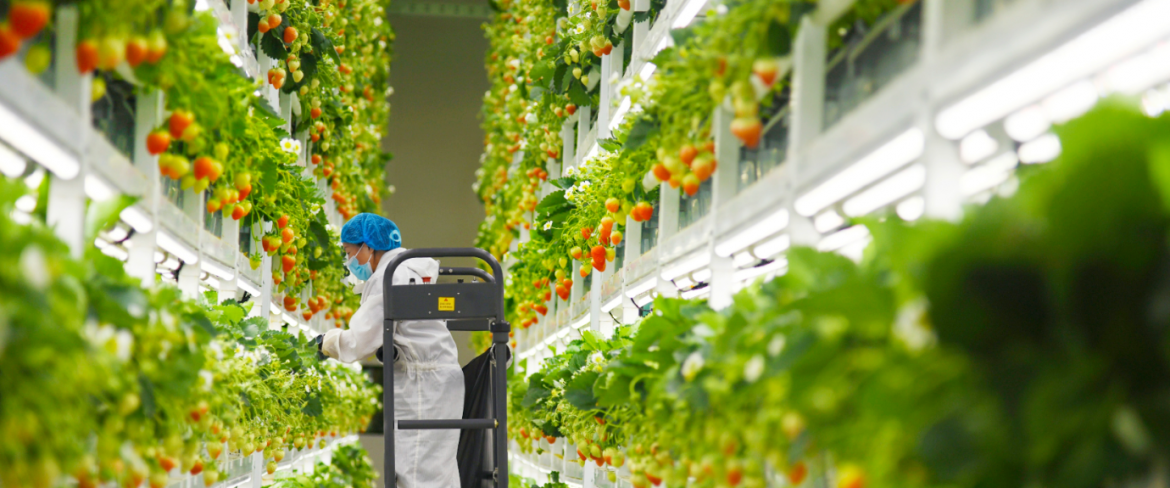The agricultural industry is increasingly adopting digital innovations to improve productivity and sustainability. Among these innovations, farming solutions powered by the Internet of Things (IoT) are becoming central to modern farming practices. IoT enables real-time monitoring of environmental conditions, soil quality, and crop health, allowing experienced growers to make precise decisions that enhance yield and efficiency. By leveraging connected sensors, automated data analysis, and cloud-based management platforms, farms can optimize resource use, reduce waste, and maintain consistent crop quality throughout the year. This integration also helps anticipate potential issues before they affect crops, providing a proactive approach to modern agriculture.
IoT Applications in Precision Farming
Precision farming represents one of the most impactful areas where IoT technologies contribute to farming solutions. Sensors placed in fields can track temperature, humidity, nutrient levels, and other critical parameters. This data is then processed through intelligent systems to adjust irrigation, lighting, and fertilization schedules. Such automation reduces the reliance on manual intervention and ensures that crops receive the optimal care needed for healthy growth. In urban and rural regions across Europe, North America, and the Middle East, precision farming supported by IoT has improved both efficiency and sustainability of agricultural operations. The data-driven insights also allow farmers to refine strategies season by season, enhancing long-term planning and profitability.
Integrating Large-Scale Smart Plant Factories
Large-scale plant factories demonstrate the synergy between IoT and industrialized farming. Facilities like those operated by 4D Bios employ extensive IoT networks to manage environmental factors across multiple layers of vertical cultivation. IoT systems within the facility enable automated lighting control, nutrient delivery, and climate monitoring, facilitating uniform growth and high-quality output. These controlled environments allow for year-round production while minimizing resource consumption, showcasing the potential of connected farming systems for experienced operators. Additionally, the integration of predictive analytics allows for better scheduling of harvests and workforce planning, further enhancing operational efficiency.
Conclusion: Transforming Agriculture with Intelligent Solutions
The applications of IoT in farming solutions are broad, ranging from precision irrigation to fully automated plant factories. By integrating real-time data monitoring, predictive analytics, and smart environmental controls, growers can enhance efficiency, ensure crop consistency, and support sustainable practices. Companies like 4D Bios are at the forefront of these innovations, providing comprehensive solutions that merge IoT technology with advanced plant factory design. Their expertise allows experienced clients in markets such as Australia, Singapore, and the Gulf region to implement scalable, high-efficiency farming systems while maintaining crop quality and operational consistency. As urban and global demand for fresh, sustainable produce grows, IoT-powered systems are becoming essential tools for modern agriculture.
